
Dr. Google runs the risk of confusing patients, but Dr. Message Board also has the potential to misinform.

Dr. Google runs the risk of confusing patients, but Dr. Message Board also has the potential to misinform.

Insurers participating in the federal exchanges grumbled to the Government Accountability Office about the problem.

The start-up plans to use the same AI that analyzes financial documents to examine Medicaid applications.
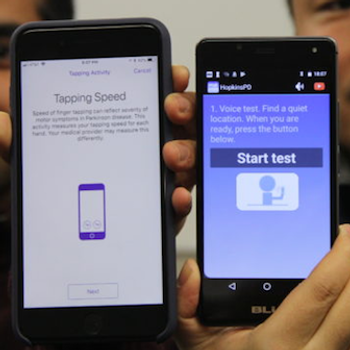
Johns Hopkins University researchers developed an app that collects patient data. Better information could boost precision medicine.
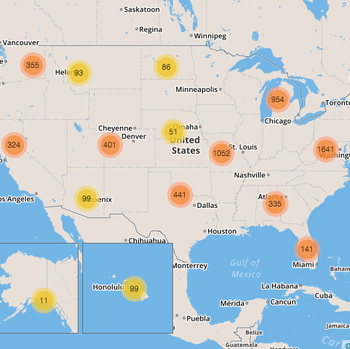
Adam Boehler will take over CMS's value-based care test kitchen.

A new program there is armed with $750,000 in grant funding to look for answers in the assays.
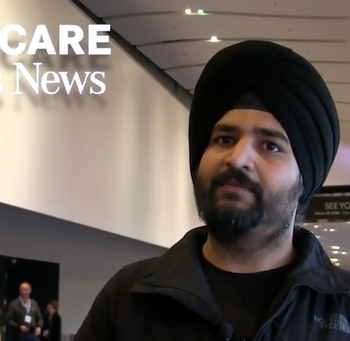
Everyone in health IT seems to have a slightly different take on what the terms mean. Here's what Ayasdi CEO Gurjeet Singh thinks.
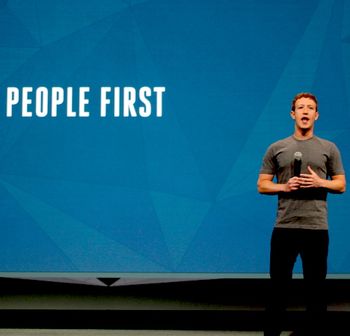
The social media giant's now-halted pitch to health systems is actually somewhat similar to a health intitiative it already runs...with one key difference.

What the pharma giant saw in the oncology analytics whiz kid.

Neil Kudler, MD, joins our podcast to discuss how analytics changed baseball—and medicine. But first, the story of a major league hacking scandal.

In a new commentary, a pair of Harvard informaticists argue that there's "never a specific threshold wherein a model suddenly becomes machine learning."

A pair of new reports illustrate the cybersecurity paradoxes facing large organizations, like health and pharma companies.

“When I came home in 2005, I don’t think there were as many programs like this in existence,” Road Home Program psychologist Blake Schroedter said.

How mHealth is striving to fight surgical complications.

A new venture capital analysis spotlights companies and sectors to watch.

The Mississippi State Department of Health is sending out letters warning patients of the unauthorized disclosure.

It had raised just north of $175 million since 2011 in a series of successful funding rounds, but Series E2 builds on that in a major way.

The first challenge of the new multi-agency MyHealthEData initiative? Getting people to a website.

The precision medicine innovator plans to use the money to finance the second generation of the immunotherapies.

The agency put out a new Request for Information to gauge vendor interest and capabilities.

A new study out of the Mayo Clinic is a case for caution against the Yelp-ifying of healthcare.

Brainomix's platform analyzes CT scans to diagnose stroke. The FDA just set a regulatory precedent for similar technology.
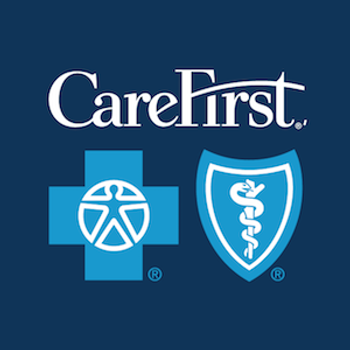
The insurer is offering free credit monitoring and identity theft protection to 6800 affected individuals.

"We are judged on a misaligned incentive of publishing a paper, but not on ensuring that our methodology is being used," Malaz Boustani, MD, says.

Proponents and detractors alike agree that blockchain still lacks proven use cases in healthcare. Some major companies want to change that.

Another month, another hundred-thousand-plus patients who may have had their protected health information (PHI) compromised.
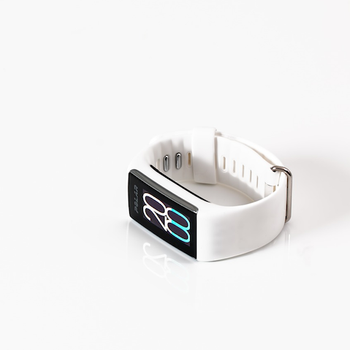
150 million exposed accounts is far too many. It’s time for patients, tech companies, and healthcare organizations to adapt.

"It's just coming at us fast and furious, with CVS and Aetna, Cigna and Express Scripts, and maybe this," the President of American Antitrust Institute said.

Want to make an easy million, or 60? Just develop some proprietary genomics technologies for cancer detection and treatment.

Minutes make the difference when it comes to strokes. This device can render a diagnosis in seconds.